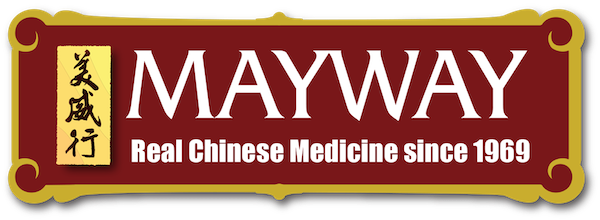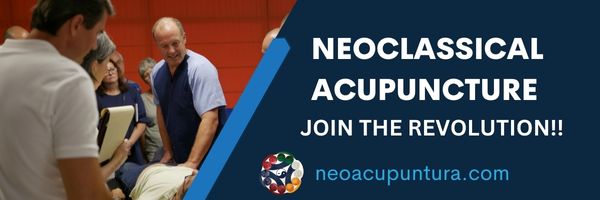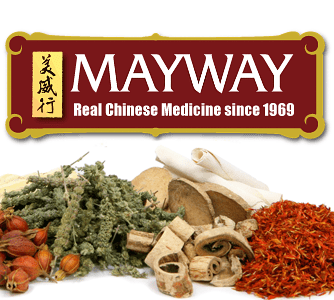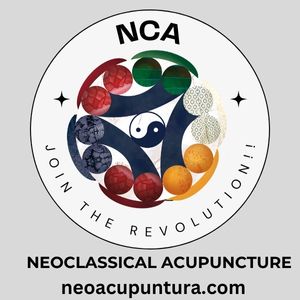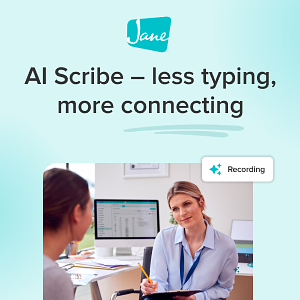Humans have an innate drive to make sense of the world. To understand how things work and see if we can reliability influence the outcome on something. To find a way to get more of what we want, or less of what we dislike.
When you think about it, life is one big research experiment as we are constantly testing out ideas of how things work.
But often when we think about research we are thinking about laboratory controlled environments or double blind studies. And there is a place for those, but those models aren’t that helpful when it comes to using a researcher’s eye to better understand acupuncture.
Lisa Taylor-Swanson fell in love with research before she fell in love with acupuncture. She’s a researcher with the heart and eye of a clinician who is investigating the use of non-linear and complex adaptive systems theory to design research that helps us to go from “does acupuncture” to “how acupuncture helps.”
In This Conversation We Discuss:
highlights go here
- Non-linear and complexity friendly ways of viewing research
- What non-linear research can tell us
- Complex adaptive systems theory
- The turbulence that arises around the “stuck stable place”
- Things fall apart so as to be able to reconstitute at a higher level of order
- Acupuncture is not just sticking needles into people, it includes the relationship between patient and practitioner
- Current research models do not account for non-linear effects
- Treatment is rarely just one thing, there are always multiple perturbations to the system
- How to get into research
I always found that my clinic shift went better when I took time for self-care in the morning. A short walk, some stretches, yoga, or meditation was a great way for me to start my day centered and present. I learned a wonderful Kundalini kriya that helps bolster one’s boundaries and that was immensely helpful in ‘not taking on’ people’s energies or presentation when in the midst of being present with 12-16 patients on any given day. I invariably found that I was less available and less present with my patients when I was in a rush from dropping off kids at school, signing payroll checks, and then dashing into a treatment room with a patient. What a disaster!
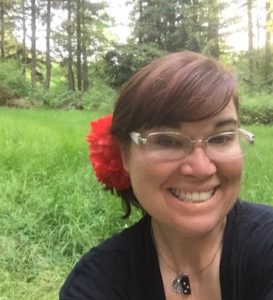 Lisa Taylor-Swanson, Ph.D, L.Ac
Lisa Taylor-Swanson, Ph.D, L.Ac
I am a happy geek who has fallen in love with both clinical practice and with research. I started out as an undergrad investigating mother-infant communication. At about age 21, I discovered dynamic systems theory. That theory pretty much sums up how I see, think, and feel. It’s the idea that the whole is not merely the sum of its parts, and to best understand any phenomenon, we must study the whole. It was a natural fit for me to study traditional East Asian medicine (TEAM) given the holistic framework we use to diagnose and treat whole people.
I’ve come to realize that in the nearly 20 years that I’ve seen patients that TEAM clinical practice is profound, transformational and revolutionary.
In a conversation a few years ago with Michael Max, I found myself gaining greater clarity and vocabulary about my clinical practice: for me, clinic is sacred. Not in a churchy or religious sense. But rather sacred given that I have the opportunity to fully be present with another human being as they walk along their journey of life.
It is sacred in the sense of all the amazing changes I’ve witnessed in my patients: both expected (we’re treating pain and it is decreased) and unexpected (less pain, and et voila!, they quit their miserable job and follow their dreams…). Along the way I found after about a decade of practice that while I deeply appreciated what happened in clinic, the sacred space and delightful changes I was able to help my patients realize, that I needed more fun in my career: for me, research is fun.
Research is creative, generative, and dynamic. I am interested in discovering how we can more fully experience our embodied self-awareness, and live less in our heads.
In research lingo, we’ve discovered that symptoms are described as less bothersome, interfering, or severe, when we’re more present with ourselves, with greater embodiment. This translates to traditional East Asian medicine because I think that while people lay on the table, needles in place, they have the 20-30 minute opportunity to drop into their present lived experience, and to get out of their heads, if they choose to take that invitation to settle.
We are inherently social beings and that social context, re-created in healthy and nurturing clinical contexts, supports embodiment and being present in one’s lived experience. My research is investigating these topics, and a few others. I’ve been so incredibly fortunate to complete at PhD at the University of Washington and most recently join the faculty at the University of Utah. I’m one of a couple of handfuls of acupuncturist-researchers.
Links and Resources
You can connect with Lisa through this webpage at the University of Utah.
And here’s a paper she co-authored on Complex Adaptive Systems and how it relates to Chinese medicine.
Join the discussion!
Leave a comment on Qiological’s Facebook page.


